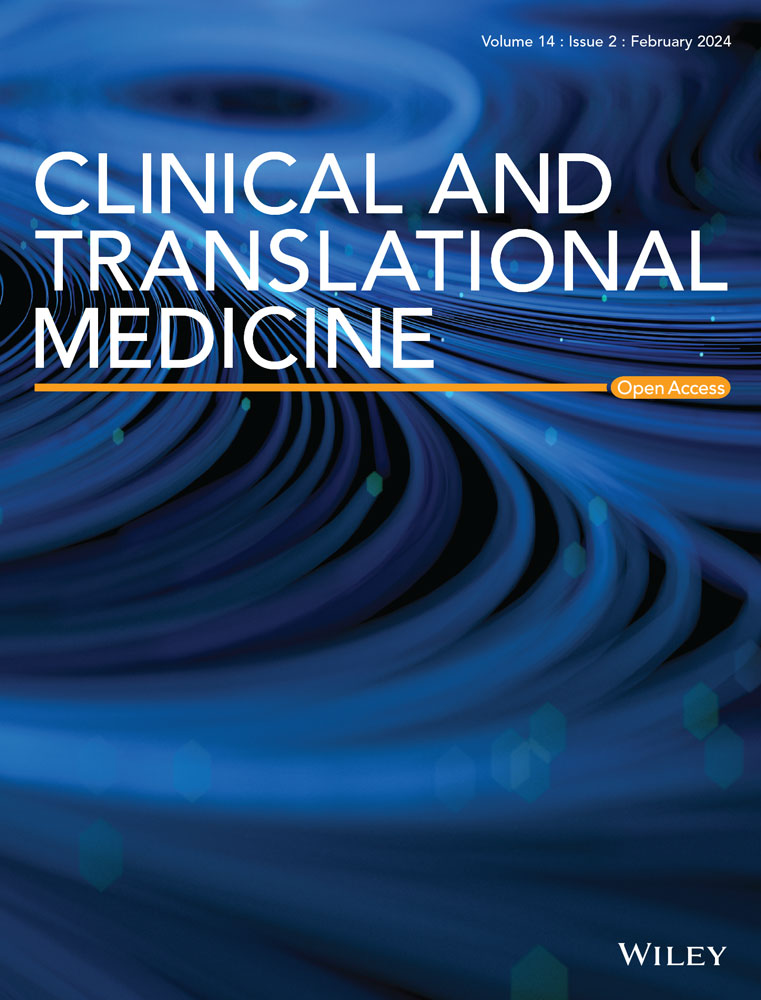SHP2 inhibition and adjuvant therapy synergistically target KIT-mutant GISTs via ERK1/2-regulated GSK3β/cyclin D1 pathway
Abstract
Background
Most gastrointestinal stromal tumours (GISTs) are driven by KIT proto-oncogene, receptor tyrosine kinase (KIT). Targeted treatment with imatinib has been successful in primary GIST patients. However, resistance and relapse gradually develop due to secondary KIT mutations. Identifying novel therapeutic targets for advanced GIST with KIT mutants is critical.
Methods
Clustered regularly interspaced palindromic repeats (CRISPR)/Cas9 gene editing, immunoblotting, immunoprecipitation and cell-based assays were used to characterise the role of Src homology region 2 domain-containing phosphatase 2 (SHP2) in GIST. Immunoblotting, cell cycle analysis, transcriptome analysis and rescue experiments were performed to investigate the molecular mechanisms underlying SHP2 inhibition. Synergistic effects of SHP2 inhibition with approved KIT tyrosine kinase inhibitors (TKIs) were demonstrated using cell proliferation assay, spheroid formation assay, cell cycle analysis and immunoblotting. The combination of SHP2 inhibition and imatinib was further evaluated in GIST mouse models.
Results
In KIT-mutant GIST, SHP2 was hyperactive and coprecipitated with KIT. Activated SHP2 transduced signals from KIT to the downstream MAPK/ERK pathway. SHP2 inhibition significantly reduced cell viability and arrested cell at G0/G1 phase in GIST cells. Mechanistically, SHP2 regulated the MAPK/ERK, GSK3β/cyclin D1 and mTORC1 pathways in GIST. Specifically, SHP2 inhibition relieved GSK3β self-inhibition, leading to a reduction in cyclin D1 via phosphorylation at Thr286 and subsequent G0/G1 cell cycle arrest. Rescue experiments confirmed that cyclin D1 is functional and critical for cell proliferation. Additionally, SHP2 inhibition synergised with approved KIT TKIs in inhibiting GIST cells. In GIST mouse models, SHP2 inhibitor (SHP099) combined with imatinib significantly inhibited proliferation of imatinib-sensitive and -insensitive GIST cells.
Conclusions
SHP2 functioned as a key signal transducer for the MAPK/ERK signalling pathway and regulated the cell cycle through GSK3β/cyclin D1/Rb pathway. SHP2 inhibition demonstrates significant efficacy towards GIST cells and synergises with approved TKIs. Therefore, SHP2 represents a promising therapeutic target for advanced GIST.
Key points
- SHP2 plays a pivotal role as a signal transducer in the MAPK/ERK signaling pathway.
- SHP2 controls the cell cycle via the GSK3β/cyclin D1/Rb pathway in oncogenic KIT-driven GIST.
- Inhibition of SHP2 synergizes with adjuvant therapy drugs in inhibiting KIT-driven GIST with primary and secondary mutations both in vitro and in vivo.


 求助内容:
求助内容: 应助结果提醒方式:
应助结果提醒方式:


